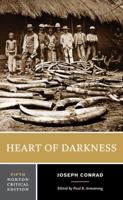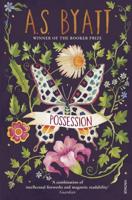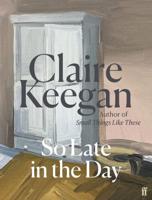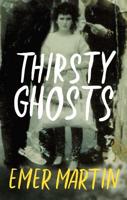Publisher's Synopsis
A successful author and Liberal MP with a loving and benevolent wife, Richard Remington appears to be a man to envy. But underneath his superficial contentment, he is far from happy with either his marriage or the politics of his party. The New Machiavelli describes the disarray into which his life is thrown when he meets the young and beautiful Isabel Rivers and becomes tormented by desire.... Herbert George Wells (21 September 1866 - 13 August 1946)-known as H. G. Wells-was a prolific English writer in many genres, including the novel, history, politics, social commentary, and textbooks and rules for war games. Wells is now best remembered for his science fiction novels and is called a "father of science fiction", along with Jules Verne and Hugo Gernsback.His most notable science fiction works include The Time Machine (1895), The Island of Doctor Moreau (1896), The Invisible Man (1897), and The War of the Worlds (1898). He was nominated for the Nobel Prize in Literature four times. Wells's earliest specialised training was in biology, and his thinking on ethical matters took place in a specifically and fundamentally Darwinian context.He was also from an early date an outspoken socialist, often (but not always, as at the beginning of the First World War) sympathising with pacifist views. His later works became increasingly political and didactic, and he wrote little science fiction, while he sometimes indicated on official documents that his profession was that of journalist.Novels like Kipps and The History of Mr Polly, which describe lower-middle-class life, led to the suggestion, when they were published, that he was a worthy successor to Charles Dickens, but Wells described a range of social strata and even attempted, in Tono-Bungay (1909), a diagnosis of English society as a whole. A diabetic, in 1934 Wells co-founded the charity The Diabetic Association (known today as Diabetes UK). Early life Herbert George Wells was born at Atlas House, 46 High Street, Bromley, in Kent, on 21 September 1866.Called "Bertie" in the family, he was the fourth and last child of Joseph Wells (a former domestic gardener, and at the time a shopkeeper and professional cricketer) and his wife, Sarah Neal (a former domestic servant). An inheritance had allowed the family to acquire a shop in which they sold china and sporting goods, although it failed to prosper: the stock was old and worn out, and the location was poor. Joseph Wells managed to earn a meagre income, but little of it came from the shop and he received an unsteady amount of money from playing professional cricket for the Kent county team.Payment for skilled bowlers and batsmen came from voluntary donations afterwards, or from small payments from the clubs where matches were played. A defining incident of young Wells's life was an accident in 1874 that left him bedridden with a broken leg.To pass the time he started reading books from the local library, brought to him by his father. He soon became devoted to the other worlds and lives to which books gave him access; they also stimulated his desire to write. Later that year he entered Thomas Morley's Commercial Academy, a private school founded in 1849 following the bankruptcy of Morley's earlier school. The teaching was erratic, the curriculum mostly focused, Wells later said, on producing copperplate handwriting and doing the sort of sums useful to tradesmen. Wells continued at Morley's Academy until 1880. In 1877, his father, Joseph Wells, fractured his thigh. The accident effectively put an end to Joseph's career as a cricketer, and his subsequent earnings as a shopkeeper were not enough to compensate for the loss of the primary source of family income....








